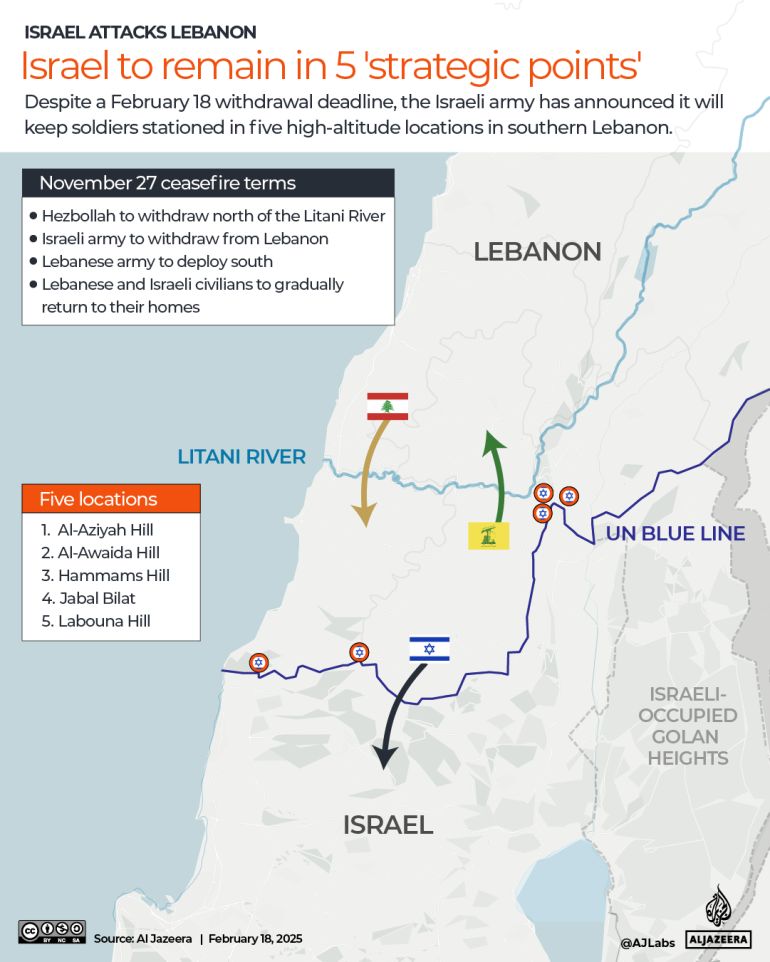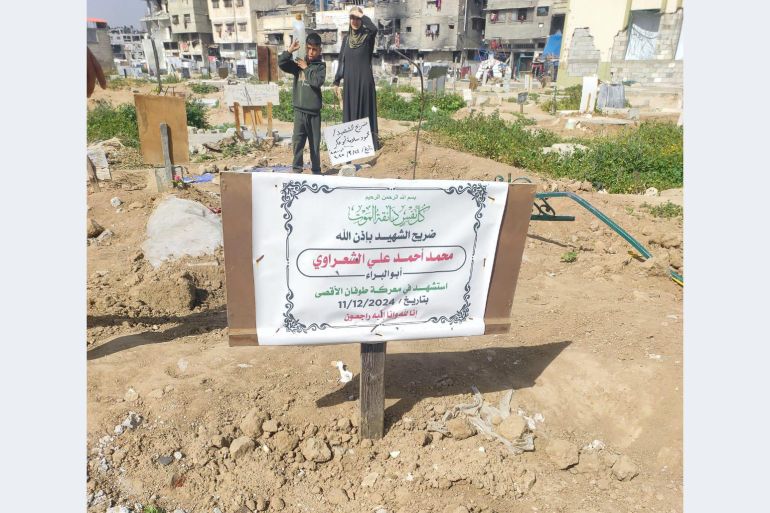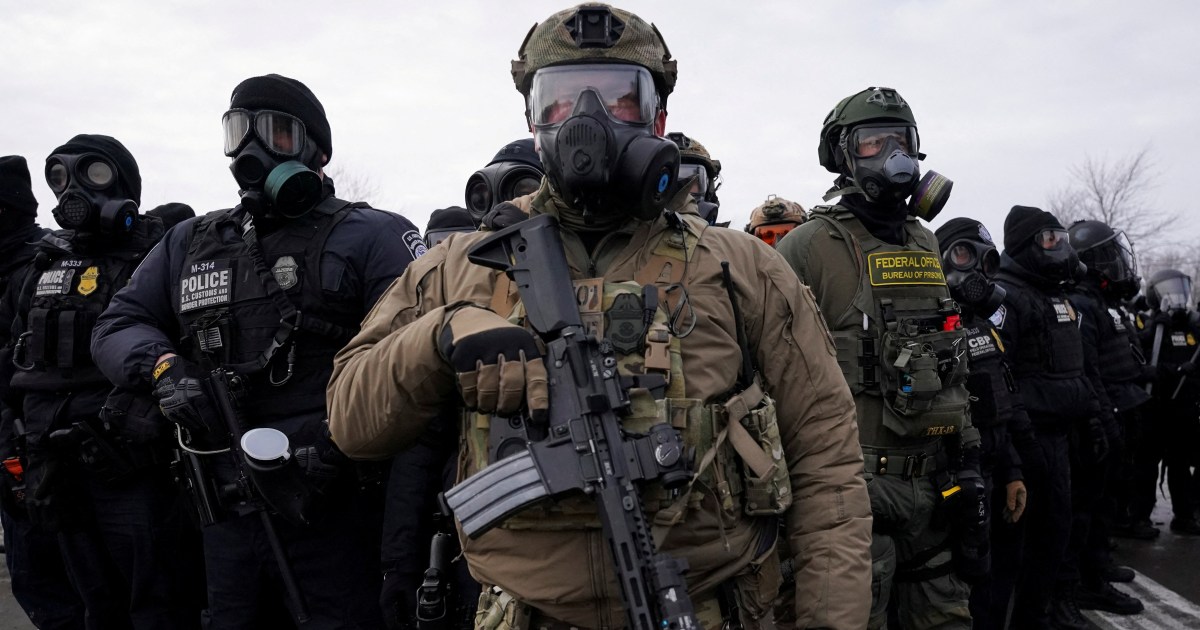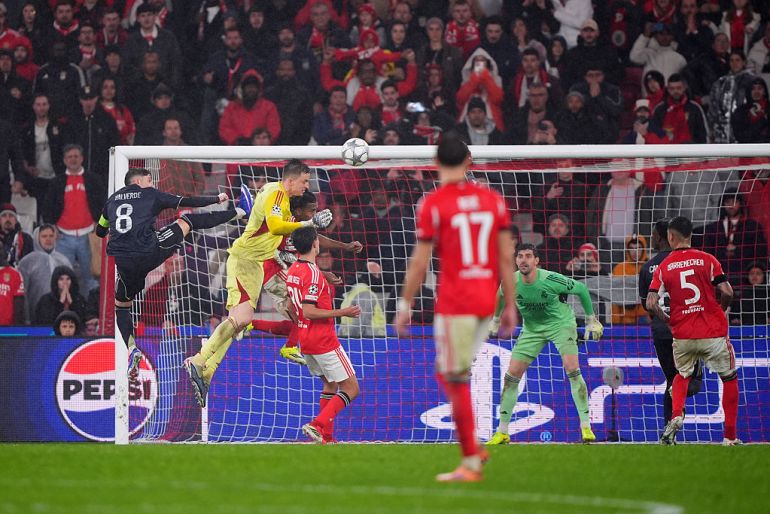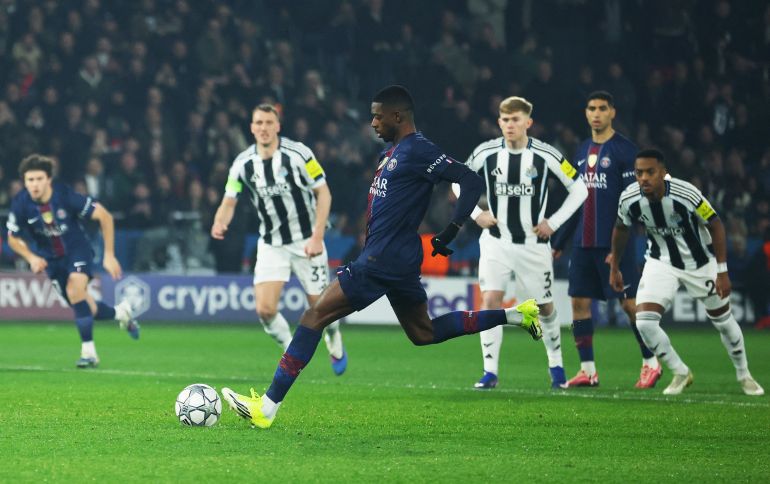Beirut – Lebanon’s President Joseph Aoun could be facing the most critical period of his one-year tenure in the coming weeks and months.
In February, Lebanese Armed Forces (LAF) chief of staff Rodolphe Haykal is set to visit Washington, DC. Also in February, the LAF will present a plan for phase two of Hezbollah’s disarmament. Then in March, an international conference will be held in Paris in support of the Lebanese army.
Recommended Stories
list of 3 itemsend of list
These events come amid increasing United States and Israeli pressure on Lebanon and on Aoun, a former armed forces chief himself, to continue the effort to disarm Hezbollah. They also come as Israeli attacks in south Lebanon and the Bekaa Valley intensify, and as Hezbollah leader Naim Qassem states that his group will not accept disarmament north of the Litani River, which flows across south Lebanon, unless Israel starts to abide by the ceasefire agreed in November 2024.
Israel has been violating the truce with bombardments on a near-daily basis, and continues to occupy parts of the south.
This leaves Aoun caught between a rock and a hard place, facing the difficult task of disarming Hezbollah without pushing Lebanon into renewed civil conflict, which no one in a scarred nation wants.
He is also being relied on to get Israel, which has violated the November 2024 ceasefire more than 11,000 times, to stop attacking the country at a time when the LAF is currently undermanned, underfunded and underequipped to deploy across south Lebanon, let alone militarily confront the Israelis.
That has left him navigating diplomatic corridors with international actors to back the Lebanese army and pressure Israel to abide by the ceasefire: two crucial steps that would facilitate an easier disarmament of Hezbollah.
“Joseph Aoun finds himself in an extremely sensitive position, caught between escalating American and Israeli pressure on one hand, and domestic rejection of any discussion of weapons under fire on the other,” Souhaib Jawhar, a nonresident fellow at the Beirut-based Badil, the Alternative Policy Institute, told Al Jazeera. “What he is doing today is managing a highly fragile transitional phase, aimed more at preventing a comprehensive collapse than at imposing a final settlement.”
A new agreement?
On November 27, 2024, a ceasefire between Israel and Hezbollah went into effect. The two parties had exchanged cross-border attacks since October 8, 2023, the day after a Hamas-led operation into southern Israel launched the Israel-Palestine war.
In September 2024, Israel unilaterally intensified attacks on Lebanon. In October, Israeli troops invaded south Lebanon and engaged Hezbollah in battles. By the time the ceasefire was agreed, Israel had killed nearly 4,000 people in Lebanon, including hundreds of civilians.
Hezbollah had also been badly weakened as a military and political force in Lebanon, suffering the assassination of its charismatic, longtime leader Hassan Nasrallah.
Under the agreement, both sides were to cease their attacks, Hezbollah would withdraw to north of the Litani River, and Israel would pull its troops out of Lebanon. But since then, Israel hasn’t stopped attacking Lebanon, and it still maintains troops in five points on Lebanese territory.

Israeli drones are ever-present in south Lebanon and occasionally hover over Beirut, despite the fact that Hezbollah has not fired a shot across the border since December 2024.
Despite a one-sided ceasefire, the administration of US President Donald Trump has still pushed hard for Hezbollah’s disarmament. The issue is a contentious one in Lebanon, where the group enjoys widespread support among the Shia Muslim community but strong opposition among other communities.
A source close to Aoun, who requested anonymity, told Al Jazeera that Lebanon had stuck to its side of the agreement but that no one was holding Israel accountable.
“Only the Americans have leverage over Israel,” the source said. “The problem we have now is [we don’t know] if Israel really wants to take the diplomatic road and wants to implement the November 27, 2024 agreement, or if they are trying to have a renegotiated agreement.”
Imad Salamey, a political scientist at the Lebanese American University in Beirut, noted that “the broader issue is that Lebanon is being asked to deliver security outcomes without reciprocal guarantees”.
“As long as Israeli military pressure continues unchecked and international mechanisms fail to enforce balance, any Lebanese president will face the same constraints,” Salamey told Al Jazeera.
The fear, of course, is that the US will sustain pressure on the LAF to disarm Hezbollah without reigning in Israel. This has some in Lebanon worried that the LAF and Hezbollah could come into direct conflict – possibly splitting the army, as happened during the early years of the 1975-1990 Lebanese Civil War.
But analysts and other sources predict the LAF will do all it can to avoid civil strife.
“The army will avoid anything that would degenerate into civil conflict,” Michael Young, a Lebanon expert at the Carnegie Middle East Center, told Al Jazeera. “But if support for the Lebanese Army gives them better equipment and support, they might be more aggressive in securing arms caches.”
Risk of LAF-Hezbollah confrontation?
LAF Commander Haykal is set to visit Washington from February 3 to 5. He was scheduled to visit the US in November, but the visit was cancelled after US officials were unhappy with Haykal for comments he made criticising Israel.
Haykal’s visit is one of a few key events in February and March that Lebanon and Aoun hope will shift the pendulum in their favour. Haykal will also propose phase two of Hezbollah’s disarmament by the LAF to the Lebanese Cabinet in February.
In phase two, Hezbollah is set to be disarmed from the Litani River to the Awali River, which runs across Lebanon starting south of Beirut.
Then, on March 5, Paris will host an international conference aimed at supporting the LAF. There, Lebanon hopes to meet with regional and international allies who have been backing the government in their efforts to rein in Israel and Hezbollah, such as the Saudis, French, Qataris, and the Egyptians.
While Lebanon is working with the US, it has also tried to rely on its other allies to help it convince the Americans to rein in Israel.
“These countries can help to pressure Israel to stop killing and attacking Lebanon and implement the ceasefire,” the source close to Aoun said.
Convincing the US’s officials to pressure its staunch ally Israel to give in to some of Lebanon’s demands, such as stopping attacks, releasing Lebanese prisoners in Israeli custody, and withdrawing from Lebanese territory, is the key.
Hezbollah has also called for reconstruction to begin in south Lebanon, which Israel has prevented. Human Rights Watch said Israel has systematically targeted reconstruction equipment across southern Lebanon.
Without the US support, however, analysts said they don’t see Israel being open to negotiations. And without that, analysts fear an impasse in the current situation.
Limits of diplomacy
As for Hezbollah, the group has held firm that it doesn’t plan to make any more concessions as long as Israel continues attacking and occupying Lebanon.
Supporters of Hezbollah have been critical of Aoun and the Lebanese government, accusing them of ineffectiveness in getting any concessions out of the Israelis.
“Diplomatic methods may have prevented the war from escalating, but they have not achieved any objective in confronting the Israeli occupation,” Qassem Kassir, a journalist close to Hezbollah, told Al Jazeera.
In a speech on January 26, Hezbollah leader Naim Qassem said the group is under serious military and political pressure.
But while Hezbollah has been critical of Aoun, the group also continues to keep a direct line open to him.
“The connection never ended,” the source close to Aoun said. “There have always been talks with a representative of Hezbollah and someone close to the president, with [Parliament Speaker and Hezbollah ally] Nabih Berri also engaged in these talks.”
“Hezbollah doesn’t have many options,” Young said. “They are sitting on a community that is traumatised and whose villages have been destroyed.”
Salamey noted, “Diplomacy alone has clear limits when Israel calculates that the costs of continued strikes are low.”
Jawhar added that Aoun should try “a firmer approach” that still focuses on negotiations without capitulating, an approach “regionally supported rather than left to distorted balances of power”.
But the embattled Lebanese leader also knows diplomacy is his only shot.
